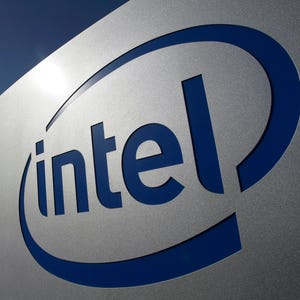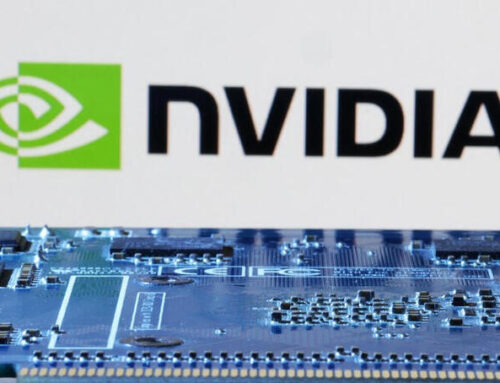Apple, Amazon refuse to release federal diversity data
December 10, 2014
SAN FRANCISCO — Apple and Amazon, two of technology’s most powerful companies, are refusing to release federal data on the diversity of their workforces.
Spokeswoman Kristin Huguet declined to comment on why Apple would not release the data.
Amazon spokesman Ty Rogers did not respond to requests for comment.
For years, technology companies fought sharing any demographic information about their employees, claiming the information was a trade secret.
Apple, Google, Microsoft and other companies blocked the release of the data from the U.S. Department of Labor to news organizations such as the San Jose Mercury Newsthat had filed public records requests.
Only in recent months have the industry’s top companies opened up about the persistent lack of diversity in their ranks.
The Rev. Jesse Jackson, the civil rights leader who urged companies to release the data, says the tech industry is entering a new era of transparency.
But some companies are being more transparent than others.
American companies collect and report information about their workforces to the federal government each year in a form called the EEO-1.
The EEO-1 is a standard form that breaks down race, ethnicity and gender of workforces by job classification.
Facebook, eBay, Google, Yahoo and LinkedIn are among the technology companies that have made public their EEO-1s.
But other companies chose instead to provide less detailed broad strokes information such as the percentage of tech workers or company managers who are women or minorities.
Chief among the companies that decided not to disclose their EEO-1s were Microsoft, Twitter, Apple and Amazon.
USA TODAY asked the holdouts to produce the federal filings.
Twitter released its filing to the public late Friday.
Microsoft announced at last week’s annual shareholder meeting that it would release its EEO-1 by the end of the month.
Technology companies frequently complain the job classifications in the EEO-1 don’t match up with jobs in their industry.
But until the high-tech industry develops better standards to measure diversity, the EEO-1 is the best way to judge what kind of progress companies — and the industry — are making, says Rosalind Hudnell, Intel’s vice president of human resources and chief diversity officer.
Search
RECENT PRESS RELEASES
Related Post






